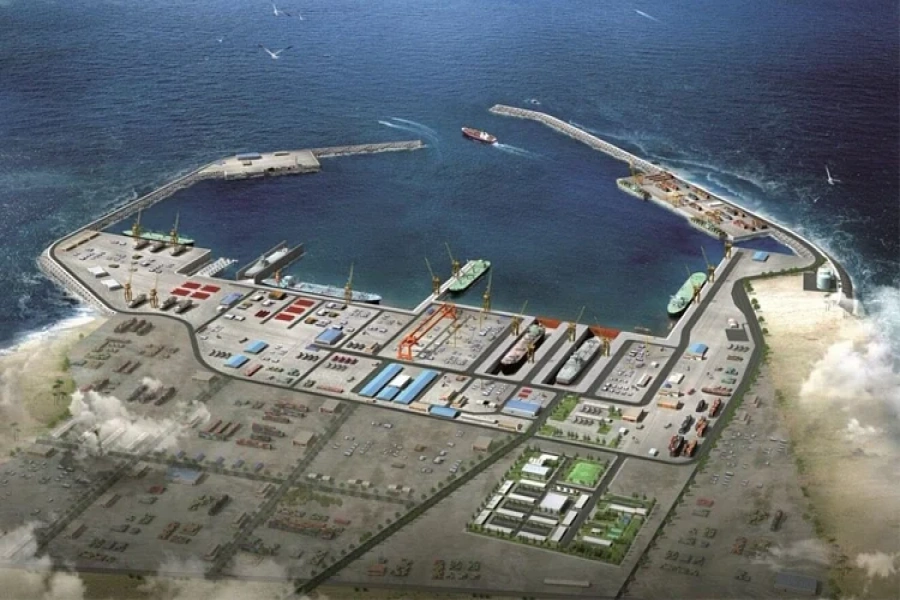KATHMANDU, Oct 2: Will the ban on porn sites curb rape as the government claims, or is it just a cover for the government's failure in upholding law and order? It's a question many are asking as the porn sites ban comes into effect.
On September 27, the Ministry of Information and Communications (MoIC) directed internet service providers across the country to shut down porn sites, saying the adult content was encouraging rape and a culture of violence against women. More than 20,000 sites with pornographic content have since been blocked .
The ban decision comes in the wake of what has been described as a phenomenal rise in rape cases in recent months. A total of 1,453 cases of rape were reported in the fiscal year 2017/18, nearly 10 times higher than was reported in fiscal 2003/2004, according to official statistics. Nepal Police received 154 cases of rape in 2003/2004. In Kanchanpur district alone, eight cases of rape have been reported since 13-year-old Nirmala Panta was raped and murdered on July 27.
Sailesh Thapa, Nepal Police spokesperson, said there have been incidents of minors committing rape out of sheer curiosity. He said parents should be watchful about the things their children are watching on the internet.
"These sites are operating without any control. Small children have unchecked access to them. We have provided them internet access, cell phones and laptops, but parents including myself aren't aware what they are watching. Many of these children browse adult sites out of curiosity. The sites instill in them a desire to experiment with the things they see ,” said Thapa.
Confesssions of a porn addict

The government had taken the decision on the suggestion of Nepal Police which received 100 cases of internet-related violence in the last fiscal year, almost three times what was reported a year earlier.
But the decision has not gone down well with many, who see the ban as a populist measure to deflect blame. In deflecting the blame onto porn sites, the government was trying to cover up the complete breakdown of law and order in the country, the critics claim.
Experts argue that the decision is problematic for numerous reasons. Firstly, the very idea that porn contributes to a culture of rape is highly disputable. Some studies have found a link between porn, especially when it features violence, and sexual violence against women. But not all men who watch porn abuse women, according to studies conducted by the National Resource Center on Violence against Women, a US-based NGO .
Secondly, a ban on porn sites does not necessarily stop people from watching them. According to statistics released by Google, Pakistan and five other countries that top the list for pornographic content search all follow Sharia law, under which it's considered a crime to watch adult sites.
Nepal's own experience shows that it's impossible to ban porn content. The government had imposed a similar ban in 2010, but the decision couldn't be implemented. Banning porn sites is not easy, given the amount of pornographic content that gets uploaded on the internet each day.
The number of sites catering porn on the internet has skyrocketed to 260 million, or some 1,800 per cent more than five years ago, according to a Washington-based firm, N2H2. The number of sites hosting “soft porn” is thought to be much higher.
Thirdly, some critics believe that our narrow attitude toward sex, rather than porn sites, was responsible for increasing cases of sexual violence. They think the incidence of rape and violence against women will continue to rise as long as our culture discourages open conversation about sex and sexual behavior.
“Our education system is out of touch with our lives. It has to be changed. We should be more open about sex. Sex is a person's innate right. God has endowed us with sex organs. It's one's right to make use of them,” said Sabitri Subedi, a rights activist who has been demanding capital punishment for rapists.
“It's important to see sex as a basic necessity. The more you suppress it, the worse the consequences. Teenage rape has become common because teenagers cannot talk about sex with other members of the family.”
A decision of the Indian government to ban pornographic content in 2015 triggered a similar debate. Following a huge backlash, the Indian government rolled back the decision.
It's equally important to remember that rape and violence against women were common even when there was no internet porn.






































